No one is free when others are oppressed
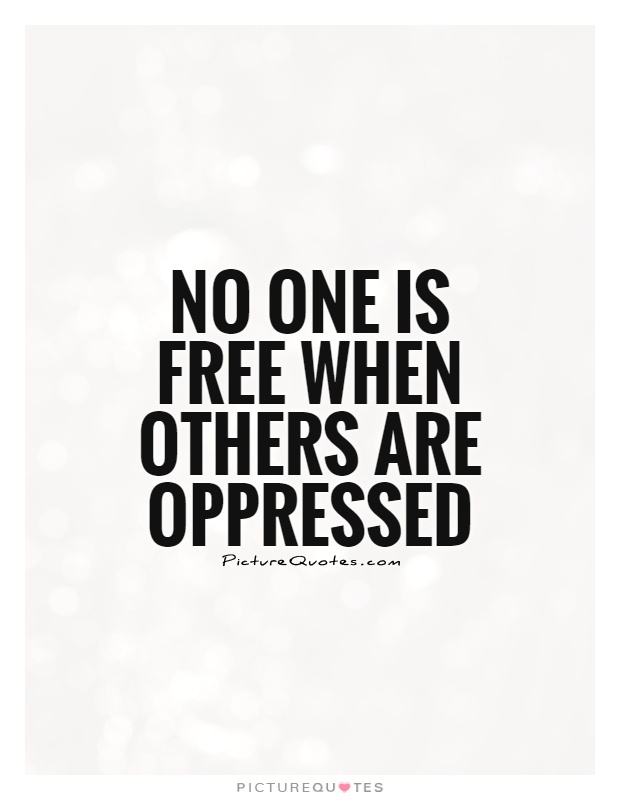
No one is free when others are oppressed
The statement "No one is free when others are oppressed" holds a profound truth that resonates throughout history and across societies. It speaks to the interconnectedness of human existence and the inherent link between individual freedom and collective liberation. In essence, true freedom cannot exist in a vacuum; it is contingent upon the freedom of others.When we examine the concept of freedom, we often think of it in terms of personal autonomy and the ability to make choices without interference. However, this narrow understanding fails to capture the full complexity of freedom. True freedom is not just about individual rights and privileges; it is about the recognition of the inherent dignity and worth of every human being. It is about creating a society where all individuals have the opportunity to flourish and live a life of dignity and respect.
In this context, the oppression of others becomes a direct threat to our own freedom. When one group of people is marginalized, discriminated against, or denied basic rights, it undermines the very foundation of a free society. The denial of freedom to one group creates a ripple effect that ultimately impacts us all. It erodes the social fabric, breeds resentment and division, and perpetuates a cycle of injustice that undermines the common good.
Moreover, the oppression of others also reflects a deeper moral failing on our part. It is a betrayal of our shared humanity and a denial of the fundamental principle that all individuals are entitled to equal rights and opportunities. As the civil rights leader Martin Luther King Jr. famously said, "Injustice anywhere is a threat to justice everywhere." When we turn a blind eye to the suffering of others, we are complicit in their oppression and we diminish our own humanity in the process.
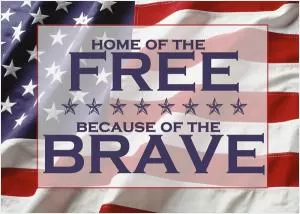
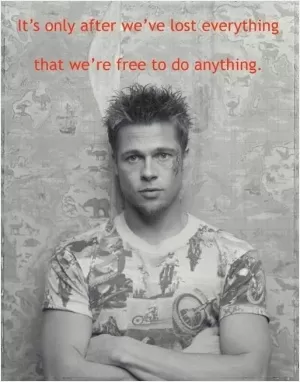
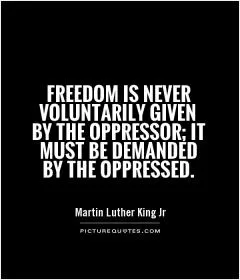
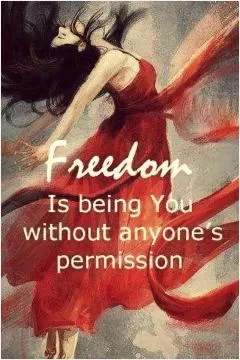
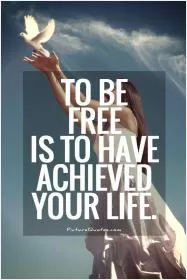
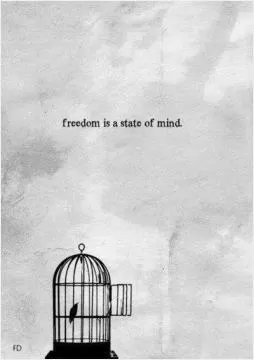
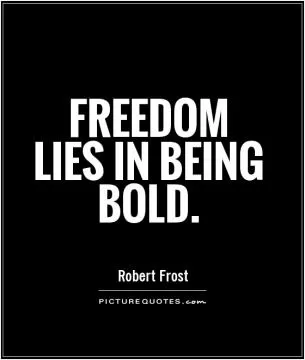
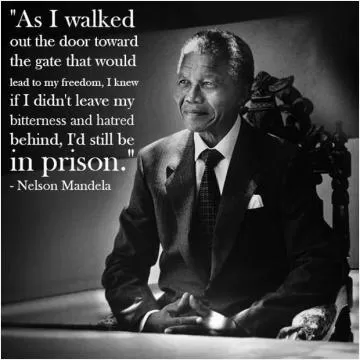
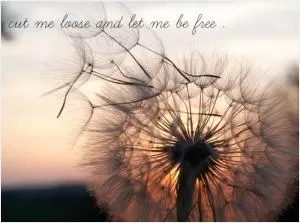
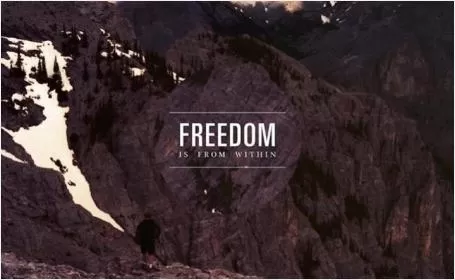

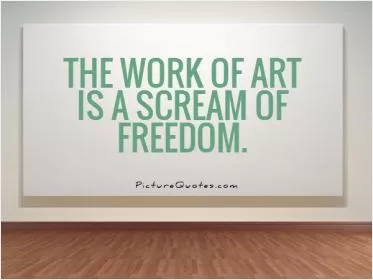
 Friendship Quotes
Friendship Quotes Love Quotes
Love Quotes Life Quotes
Life Quotes Funny Quotes
Funny Quotes Motivational Quotes
Motivational Quotes Inspirational Quotes
Inspirational Quotes